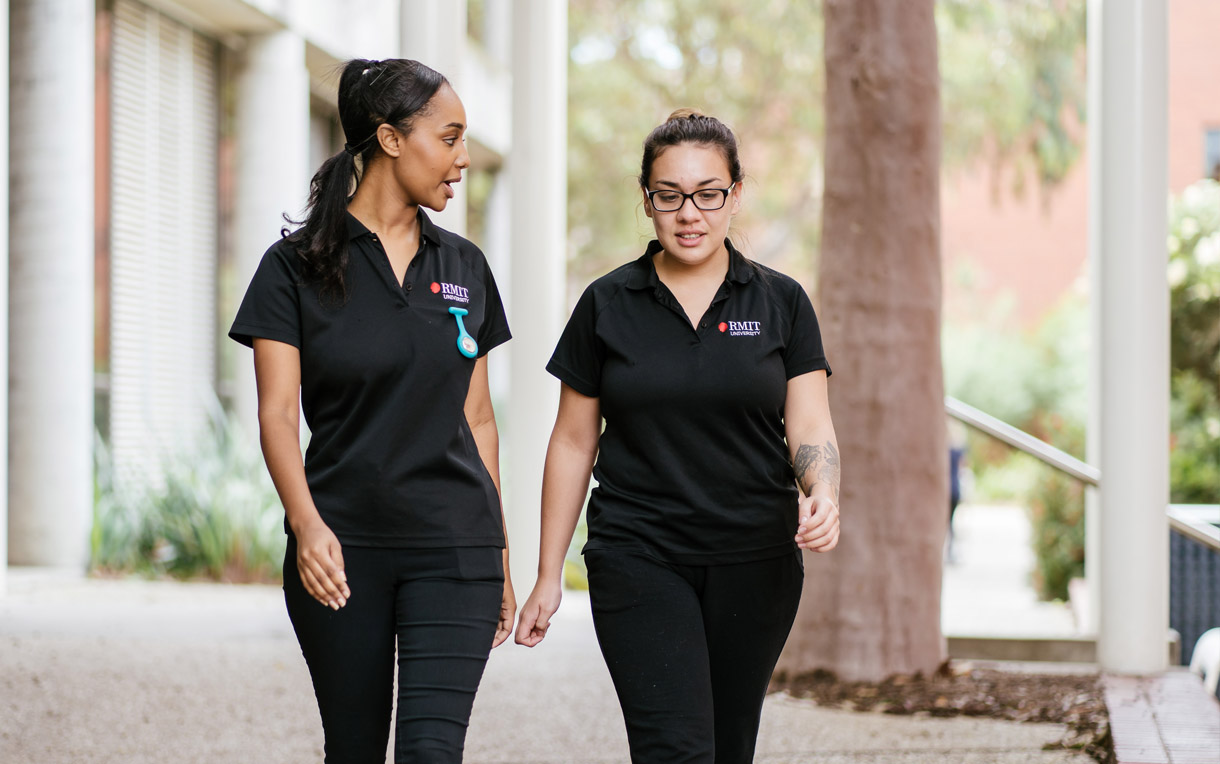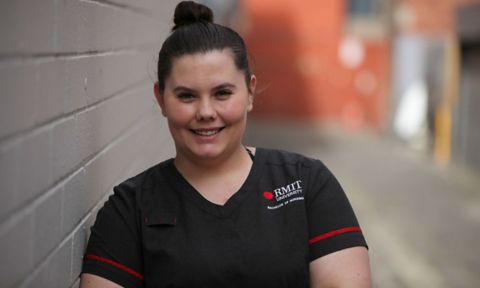New infrastructure ensures more mental health jobs
In recent years the Labor Government has committed to focusing on establishing and supporting workplaces that are conscious of mental health, providing more access to services in regional schools and developing the mental health workforce. One of the ways this is being done is investing in infrastructure to support each of these goals4.
Along with the creation of targeted health services such as ‘Yarn13’ – the 24/7 crisis support service co-designed with and for Aboriginal communities –facilities are being developed to allow for more health care and mental health jobs.
According to the Labor Government, plans are underway to fund and hire more than 1,500 mental health workers as part of health system expansions, including 400 mental health nurses and 100 psychiatrists4.
Not only is the need for mental health nurses greater than ever, but the role has some fantastic career benefits. According to SEEK, mental health nurses earn about $100,000 per year on average5, which is 53% higher than the median wage in Australia6.
You might be wondering what a mental health nurse role actually entails. Beyond regular nursing duties, some of the key elements of mental health nursing roles are performing assessment and therapy, medication management, making recommendations to clients and their families, and helping clients learn to manage and understand how to work towards better health outcomes.
Thanks to RMIT’s hands-on approach to teaching, in the Master of Mental Health Nursing you’ll gain all the experience you need during your study. This means you’ll learn in real-world environments and gain the practical skills needed to address the systemic need for mental health support and care before graduation.





